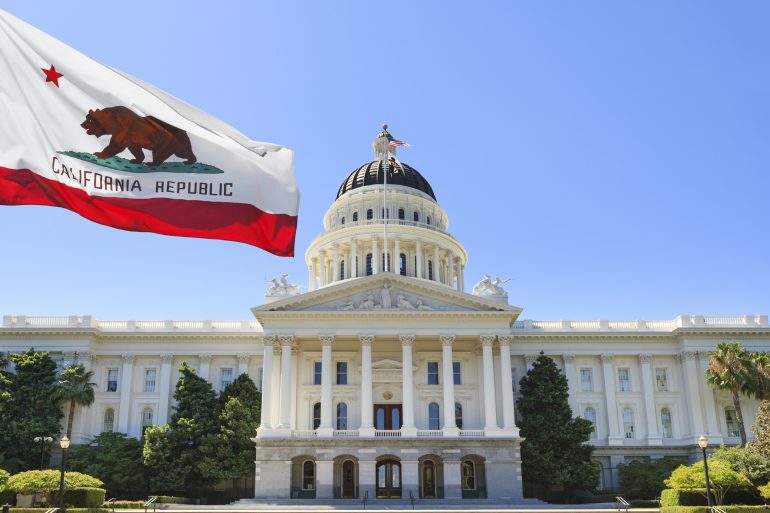- California’s Civil Rights Council proposes amendments to FEHA to address bias in AI-driven employment decisions.
- Amendments define automated decision systems and cover various hiring processes impacted by AI.
- Regulations apply to organizations employing five or more individuals, including agents and employment agencies.
- Employers are prohibited from using discriminatory selection criteria and must justify the necessity of automated systems.
- Proposed changes clarify the role of automated systems in considering criminal history and mandate transparency in the hiring process.
- Public engagement encouraged through written comments and participation in a public hearing.
Main AI News:
The Californian Civil Rights Council (The Council) has proposed amendments to the Fair Employment and Housing Act (FEHA) to address concerns over algorithmic bias in employment practices. These amendments aim to ensure that advancements in technology do not perpetuate existing biases or create new forms of discrimination in the employment lifecycle. This move aligns with broader efforts such as the White House’s Blueprint for an AI Bill of Rights and the Equal Employment Opportunity Commission’s (EEOC) guidelines on algorithmic fairness.
The proposed amendments define an “automated decision system” as any computational process impacting applicants or employees. This includes systems using machine learning, algorithms, statistics, or other artificial intelligence techniques. These regulations cover various activities performed by automated decision systems, such as predictive assessments, resume screening, and analyzing online interviews. The Council’s examples aim to ensure that all forms of automated decision systems are scrutinized for fairness and compliance with anti-discrimination standards.
Who Is Affected by These Regulations?
The proposed amendments apply to any organization regularly employing five or more individuals. This includes employers’ agents and employment agencies. An “agent” is defined as any person acting on behalf of an employer, including third parties providing hiring or employment-related services. The definition of “employment agency” has been expanded to cover those providing services through automated decision systems.
Impact on Employers
Employers are prohibited from using selection criteria, including automated decision systems, if they result in adverse impacts or disparate treatment based on protected characteristics. Employers must demonstrate that their criteria were job-related and necessary, with no less discriminatory alternatives available. Employers are also accountable for the actions of their agents in using these systems.
Consideration of Criminal History
The proposed amendments clarify the role of automated decision systems in considering an applicant’s criminal history. Employers must comply with the same regulations for automated inquiries as human-based ones. Employers using automated systems for criminal history assessments must provide applicants with the generated data and assessment criteria.
Other Clarifications and Requirements
The proposed provisions aim to prevent discrimination based on protected characteristics such as sex, disability, and age. Amendments concerning medical and psychological examinations highlight potential infringements of FEHA, ensuring that such inquiries are job-related and accommodate disabilities. The inclusion of record-keeping obligations ensures transparency and accountability in the use of automated decision systems.
Conclusion:
California’s new regulations signal a significant shift towards fairer employment practices, emphasizing transparency and accountability in AI-driven hiring processes. Employers must now carefully evaluate the necessity and fairness of automated decision systems, ensuring that they do not perpetuate biases or discriminate against protected groups. This move may prompt similar regulatory changes in other regions, influencing the broader market to prioritize equity and fairness in employment. Companies operating in California or considering expanding into the state must adapt their hiring practices to comply with these stringent regulations, ultimately fostering a more inclusive and equitable workforce.

